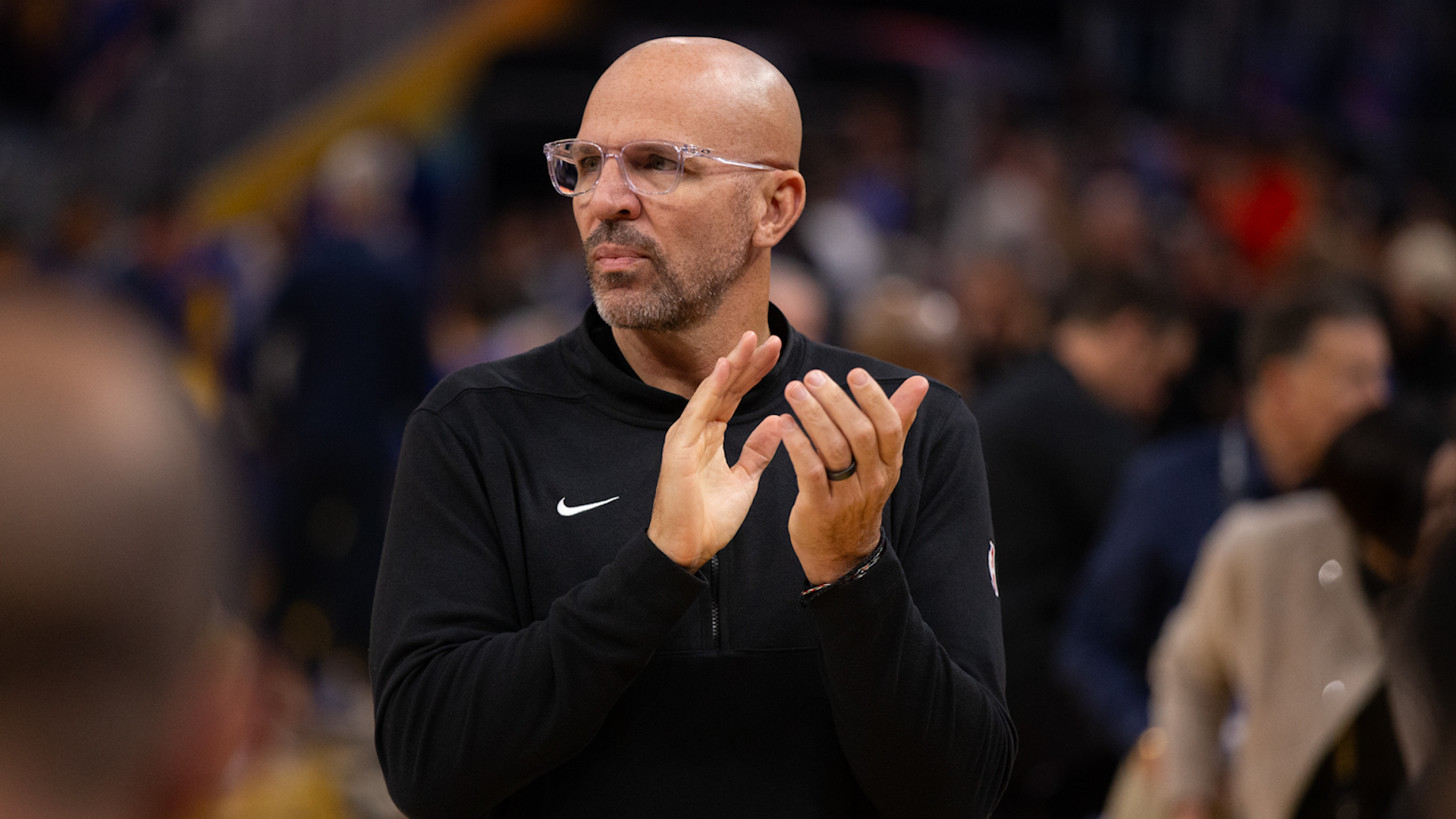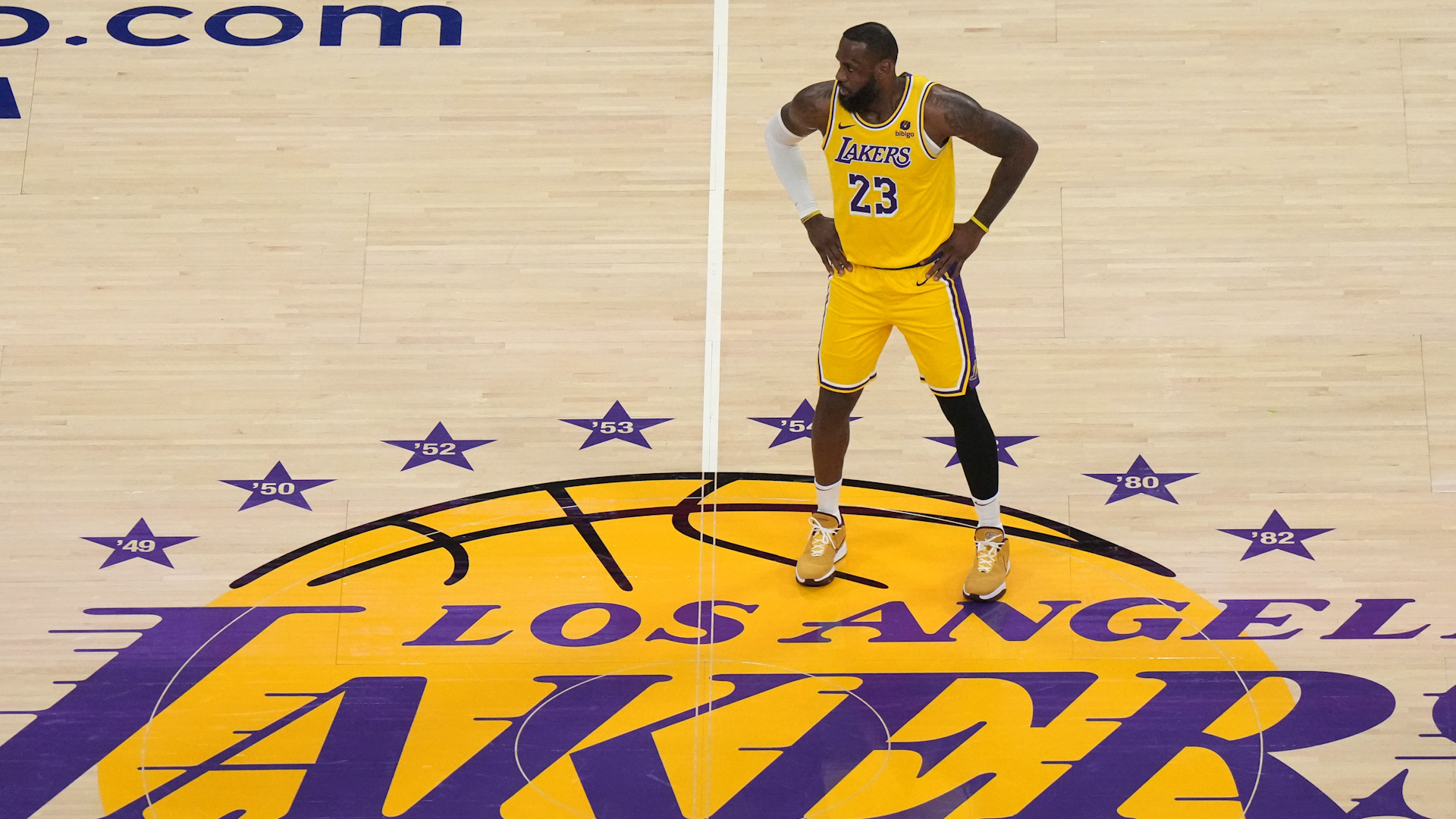
When New Jersey Devils GM Lou Lamoriello signed Russian superstar Ilya Kovalchuk to a 17-year, $102 million deal, even he was forced to smirk and admit the contract's apparent absurdity. Following the signing's immediate rejection by the League office, it was reported Lamoreillo was informed well in advance of his planned press conference to announce the mega-deal that the league would indeed negate the team's offer. He went through the with the charade anyhow. The NHL's justification for its decision resided in the belief that contracts of this length and with this particular salary structure violated "the spirit of the league's collective bargaining agreement." This is not the first occasion that NHL Deputy Commissioner Bill Daly has used such language, expressing similar sentiments of dismay after both the Chris Pronger and Marian Hossa deals last summer. Though those two particular contracts were "investigated" by the league, they were ultimately allowed. In this particular case, the NHLPA quickly appealed the league's rejection, sending final judgment to that of an independent arbitrator, per CBA guidelines. Monday, arbitrator Richard Bloch announced his determination that the league was within its rights to refuse the deal, declaring the contract null and void.
The question I have, and the question that has seemed expressly evident since Daly voiced his concerns over the Pronger signing last summer, is the following: in what world can the spirit or essence of what someone may or may not have intended hold legal water?
First, please don't misunderstand me; I have hated the New Jersey Devils for as long as I've been able to tell the difference between right and wrong. Moreover, I've never been all that fond of Ilya Kovalchuk. Watching him make three unbelievable dekes through the neutral zone, stick-handling through both of our defensemen, firing 15-feet wide and slamming his fist against the glass during last year's playoffs is a memory I will long cherish. But please tell me I'm not the only one grasping for answers as to how his contract was rejected.
Stay in the game with the latest updates on your beloved Philadelphia sports teams! Sign up here for our All Access Daily newsletter.
The 2004-2005 NHL lockout deprived fans an entire year of hockey, as a result of the club owners' efforts to enforce a league wide salary cap. This was the first, and hopefully last, time one the big four professional sports leagues (NFL, NBA, MLB & NHL) has missed an entire season of play due to unresolved labor negotiations. Upon its ultimate end, the players were forced to accept a hard cap that has resided in the ball park of slightly over $50 million despite small changes in its ceiling each offseason. As NHL GM's have come to find out, and Flyers fans now know all too well, the salary cap can force tough decisions for teams when considering long term future of talented stars (So long, Simon).
To turn back the clock and see how we arrived at the Bloch ruling, let's first start with the then unprecedented Rick DiPietro deal. In 2006, former Flyer, long time shoulder pad enthusiast and current New York Islanders general manager Garth Snow signed goalie Rick DiPietro to a 15-year, $67.5 million dollar contract. The agreement, set to expire in 2021, would keep DiPietro on Long Island until almost his fortieth birthday. Under the contract, DiPietro has and will earn $4.5 million each year until the deal runs out or he retires. At the time, Deputy Commish Daly offered the following when reached for comment, "Clubs are free to make their own decisions [within the rules]. Time will tell whether this will be a good decision or a bad one for the Islanders." Ironic, isn't it?
Shortly thereafter, general managers around the league saw the obvious benefits of multi-year deals: players could be paid more money over the long term so long as their contracts were negotiated for long enough to minimize their cap hit. As outlined in the CBA, a team's yearly salary is determined by calculating the average worth for each contract on the books. For example, if the Flyers were to sign player X to a two year deal worth $2 million in the first year and $4 million in the second, they would be on the hook for a $3 million cap hit for each season. This creates an obvious and somewhat problematic loophole in the CBA. A front loaded deal with tons of cash up front and the league minimum at the back spread out over a decade (or two) can lure big name free agents while retaining their services without running afoul of the salary cap. The Sidney Crosby, Vincent Lecavelier and Mike Richards deals were all early harbingers of what can be done with creatively structured annual salaries. In recent years, the outrageously uneven contracts given to Roberto Luongo, Marian Hossa and Chris Pronger have alerted the league to the ongoing problem of CBA circumvention. Kovalchuk was by no means the first example of this sort of behavior, merely the grossest.
With the CBA not set to expire until 2011, Bettman and Co. had seemingly little remedy. Though the league office indeed holds the authority to render contracts that violate the CBA null and void, Kovy's deal, like those that came before it, didn't actually violate the terms of the agreement; it just happened to viciously exploit a glaring loophole. So the league did the only thing it could do: make up a justification that really isn't justified.
News
The collective bargaining agreement is a legal contract. Legal contracts, though subject to interpretation when not explicitly clear on their terms, are meant to be read literally. But now, because teams are pushing the envelope even further on salary structures, the league, specifically Daly, is trying to block deals it wasn't shrewd enough to anticipate in 2005 by invoking the "spirit of the CBA." I have read multiple times Section 11 of the document. Nowhere in Section 11, the passage that specifies the power of the league to reject deals and outlines the consequent appeals process, does the word "spirit" appear. Could someone please explain to me how an independent arbitrator could read Section 11, weigh it against the NHL's argument of "violated spirit" and hurt feelings, and possibly conclude that he has made the appropriate legal decision?
Attempting to help me sort through all this, Chris Custance of the Sporting News has been kind enough to begin releasing the small portions of the arbitrator's ruling he has been able to obtain. In it, arbitrator Bloch clearly explains the motivation behind the Kovalchuk deal, how old he will be when it expires, and the rampant disparity between his earnings at the beginning and end of the contract. But no where have I yet found how all those facts actually violate the Collective Bargaining Agreement. In response, Jersey GM Lou Lamoriello remarked that he "appreciates that nothing in this opinion should be read as suggesting that either the club or Ilya Kovalchuk operated in bad faith or on the basis of any assumption other than that the Standard Player Contract was fully compliant with the CBA." To clarify, Lamoriello is apparently pleased that Bloch absolved all parties of any wrongdoing while claiming that the deal itself constituted wrongdoing.
I assume, or at least hope, more of his decision will be made available to the public and that there exists an explicit argument as to how the circumstances the league intangibly intended can be substituted for the tangible words that appear in the CBA. Until such time as that is made apparent, Richard Bloch's decision has the potential to render the 2004-2005 NHL Lockout even less satisfying by denying the NHLPA of the key rights its members were afforded under the contract. Granting credence to the league's idea of the "true spirit of the CBA" sets a dangerous precedent of redefining bargaining rules without official negotiation. Granted, something needs to be done about the ability of teams to sign players to these ridiculous sorts of deals; but, these are the kinds of issues that should be addressed after next year between the parties involved, not by a single arbitrator during the course of an ongoing agreement between the NHLPA and owners.
The Devils didn't actually break any rules by offering Kovy what they did, and until the CBA can be reopened in 2011, the NHLPA has lost substantial leverage against the league in individual contract disputes. Given Bloch's stance on signings of this nature and the league's longstanding frustration with cap circumvention, it isn't unrealistic to imagine the league re-evaluating deals already approved and registered. In fact, Ryan Bright has published post over at PhilaBright stating that the Vancouver Sun's Elliot Pap is already reporting that the league has reopened its investigation into the Roberto Luongo contract, a power Bloch stipulated in his ruling as well within its rights and means. This is exactly the kind of scenario that could very well lead to another prolonged work stoppage in the near future, as neither side will feel it can reasonably trust the other even after new bargaining terms have been agreed upon. What is to now stop the NHL from insisting that team
s re-structure salaries already in place to conform to the undefined "spirit of the CBA," entirely readjusting their positions to the cap and, as a result, their financial and competitive futures? The Flyers, for example, have next zero to wiggle room if the league were to find Pronger's 7, now 6-year, offensive to its new sensibilities.
For the sake of the hockey fans and the entire nation of Canada, I hope this incident will not lead any abusive shows of power by the NHL until language can be mutually agreed upon by both sides as related to salary structure limitations. As of this writing, Ilya Kovalchuk remains an available free agent. I have just a few words of advice for any team interested acquiring his services: check with the league for you hand him an offer sheet. It might want to make a few changes to the spirit of the deal. I love hockey, but sometimes I really hate the NHL.


